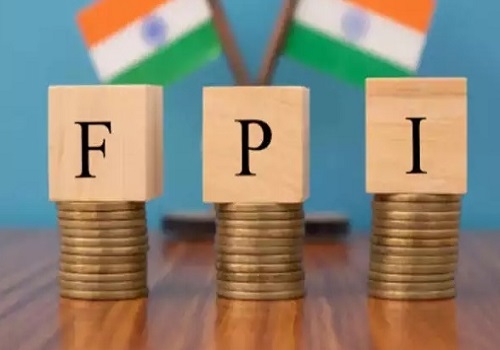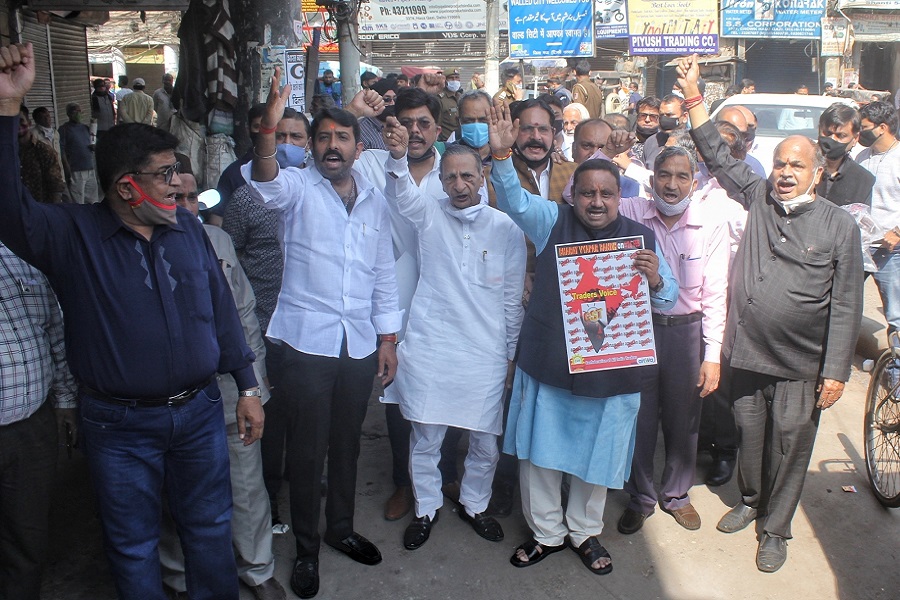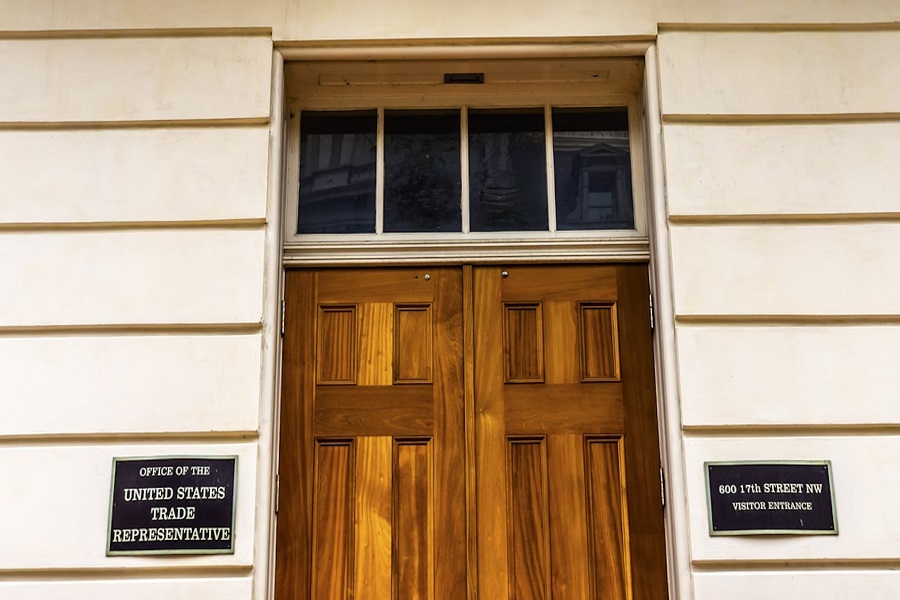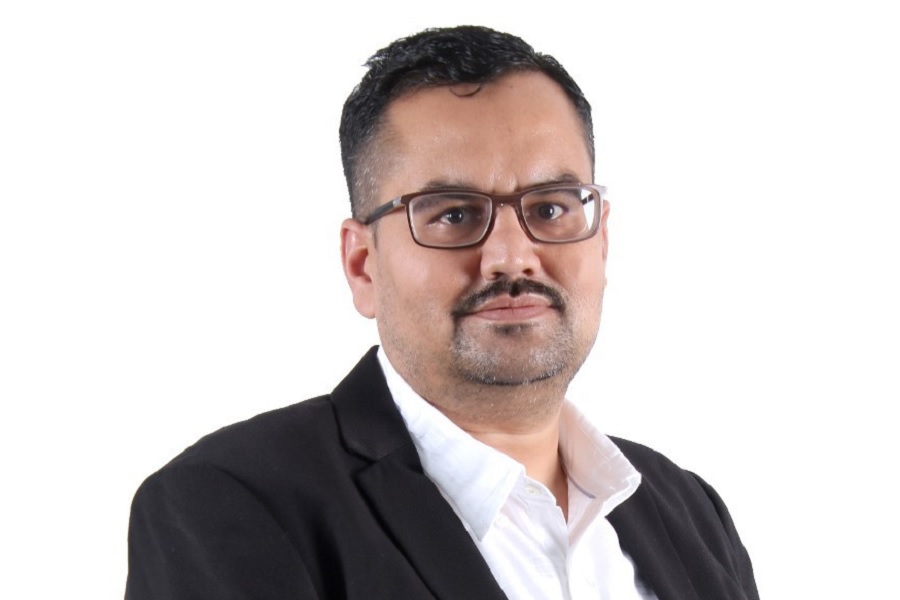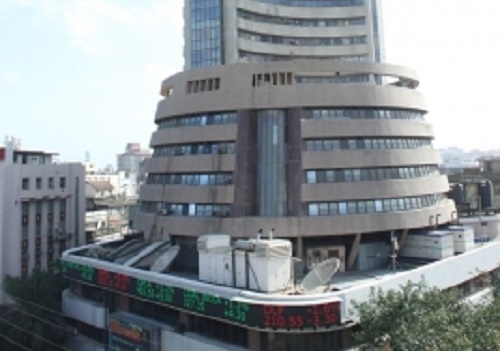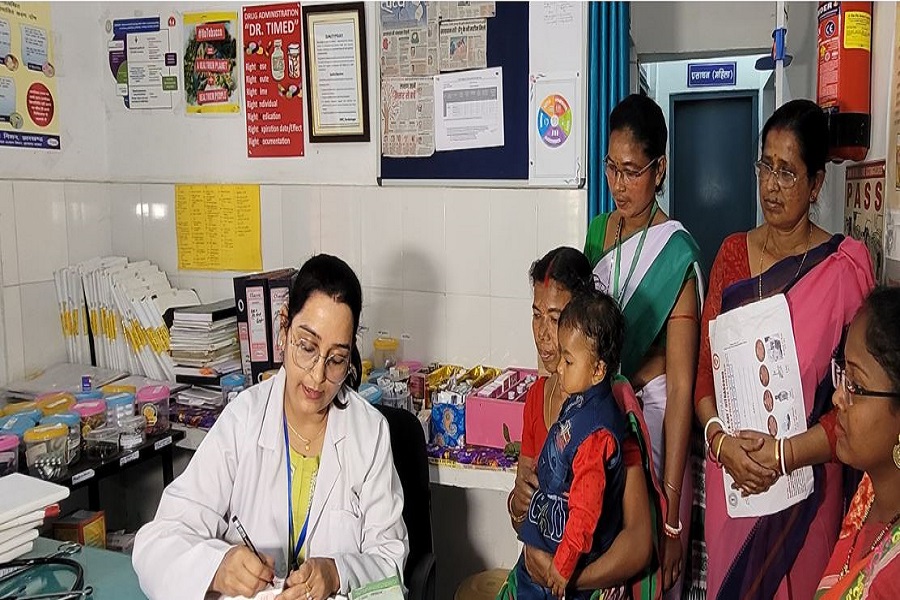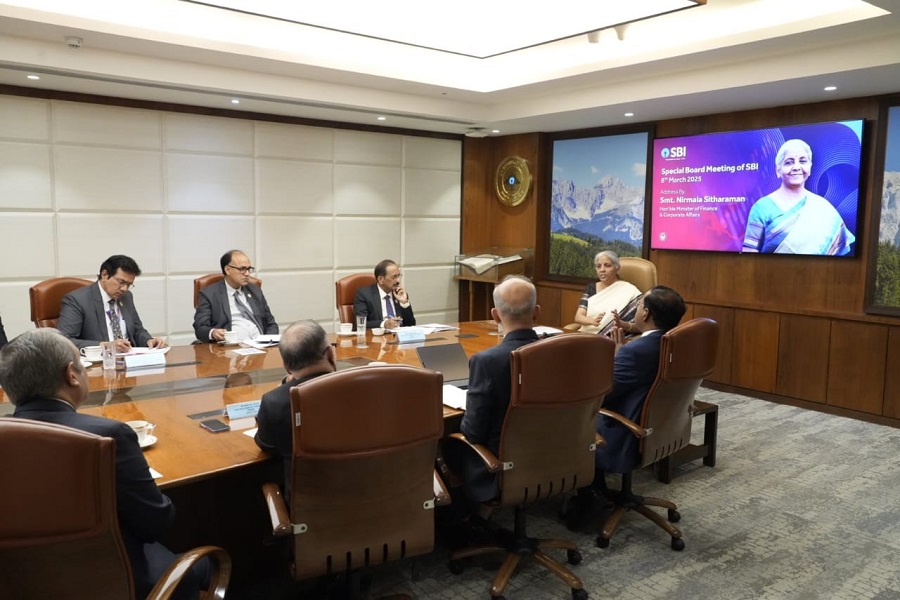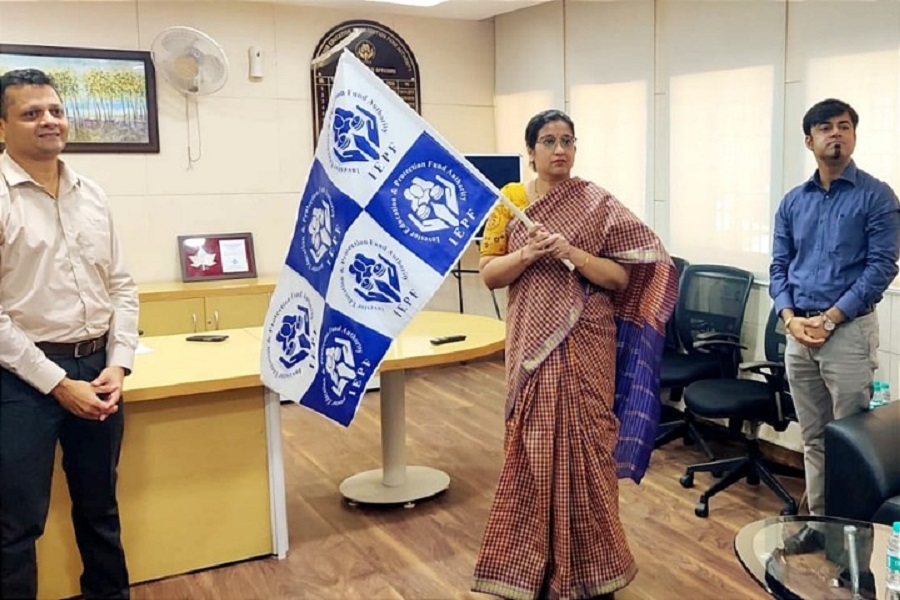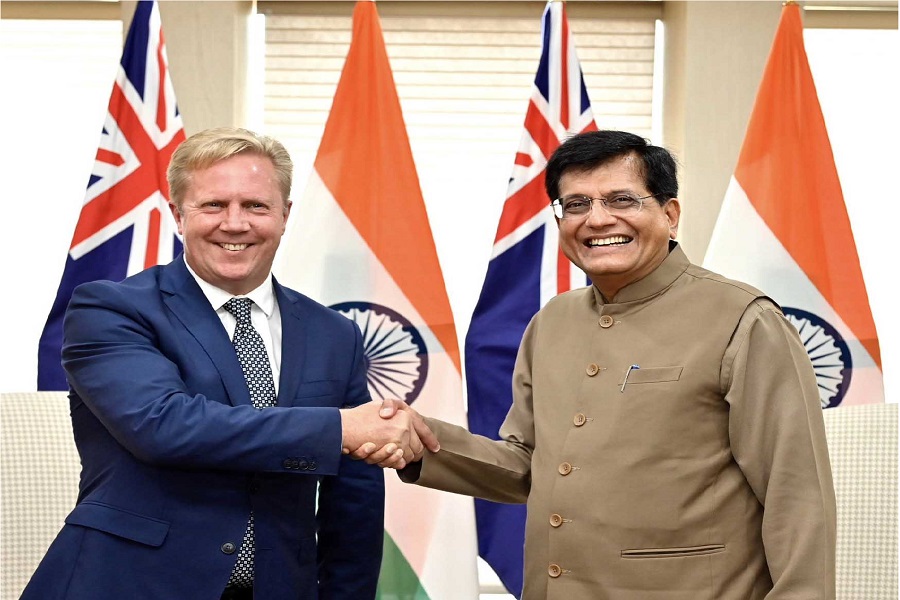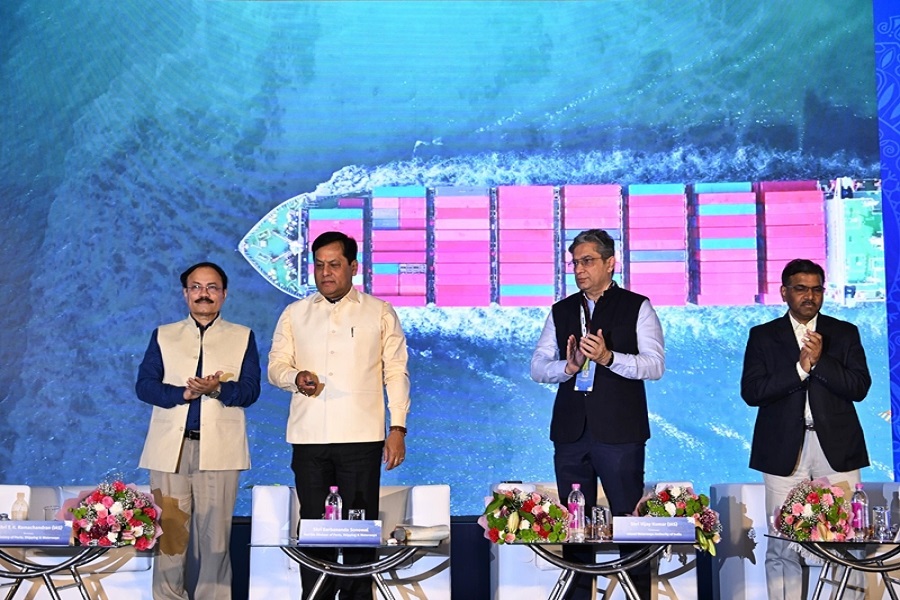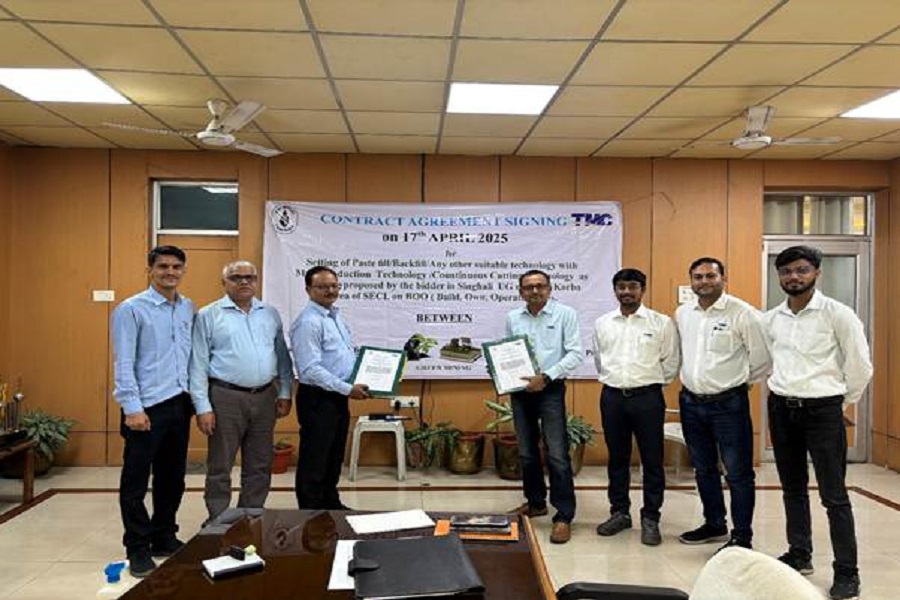Jindal School of Art and Architecture hosts international conference on Enabling Conservation through Digital Engagement as part of The Restoration Toolbox
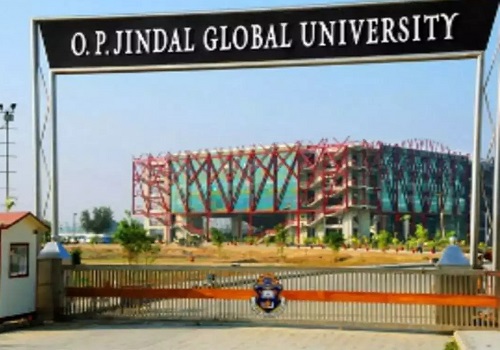
The Jindal School of Art and Architecture, OP Jindal Global University, with the support of Aishwarya Tipnis Architects (Jugaadopolis) hosted an international conference on "Enabling Conservation through Digital Engagement" at the OP Jindal Global University, Sonipat as part of The Restoration Toolbox and it brings together academics and policy makers to empower citizens in heritage conservation.
The Restoration Toolbox is one of the eight international cultural relations projects selected by the EU National Institutes for Culture (EUNIC) as part of the EU-funded European Spaces of Culture 2023, and it aims to empower citizens and communities to restore buildings, improve accessibility to expert advice and provide a space for collaboration for citizens and policy makers.
The project partners include the Delegation of the European Union to India, Alliance Francaise de Delhi, Institut Francais en Inde, Embassy of the Kingdom of Netherlands in India, Austrian Embassy New Delhi, Embassy of Spain in India, Aishwarya Tipnis Architects (Jugaadopolis), the Just Environment (Toxics Link), OP Jindal Global University, FUNDACION PLATONIQ and Eutropian GmbH.
As a natural process, cities face wear and tear of buildings. As a worldwide phenomenon, we see old buildings being replaced with nondescript buildings, that not only change the urban landscape but also severely impact pollution levels, harm local communities as well the planet.
Research has proven that restoration and adaptive reuse of existing buildings can substantially contribute to circular economy and creating smart cities. Repair, restoration and reuse of buildings promotes skills, creates jobs and conserves embodied energy in buildings. However, sometimes lack of access to information, experience and technical skills makes the decision to retain and retrofit an old building unviable.
The conference was inaugurated by Professor of Eminence (Dr.) Sanjeev P. Sahni, Founder and Principal Director, Jindal Institute of Behavioural Sciences and Advisor to the Vice Chancellor and several other dignitaries such as Stephane Amalir, Director, Alliance Francaise de Delhi, Prof. R. Sudarshan, Dean, Jindal School of Government & Public Policy, and Prof. (Dr.) Jaideep Chatterjee, Dean, Jindal School of Art & Architecture were present.
The two-day conference provided a platform for academics, students, practitioners and policy makers to explore questions concerning what is heritage, what role can technology play in heritage conservation as well as the relationship between heritage, technology and governance.
The experts deliberated on the way forward for heritage conservation in the 21st century.
The keynote address was made by Liselott Stenfeldt and other international experts such as Dr. Bente Wolff, Dr. Daniela Patti, Barbara Middelhoff, and many others provided insights on global approach to heritage conservation in diverse contexts.
